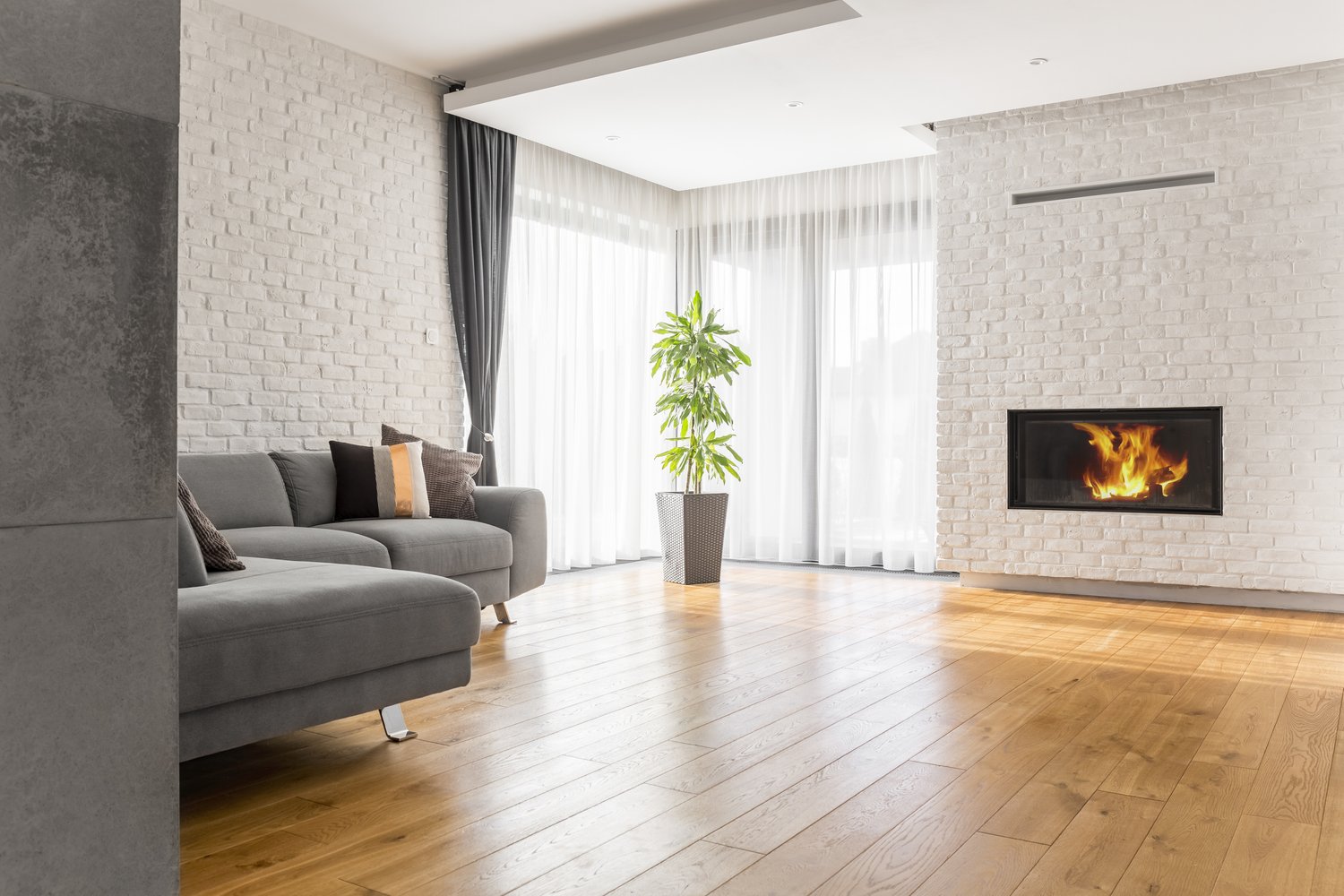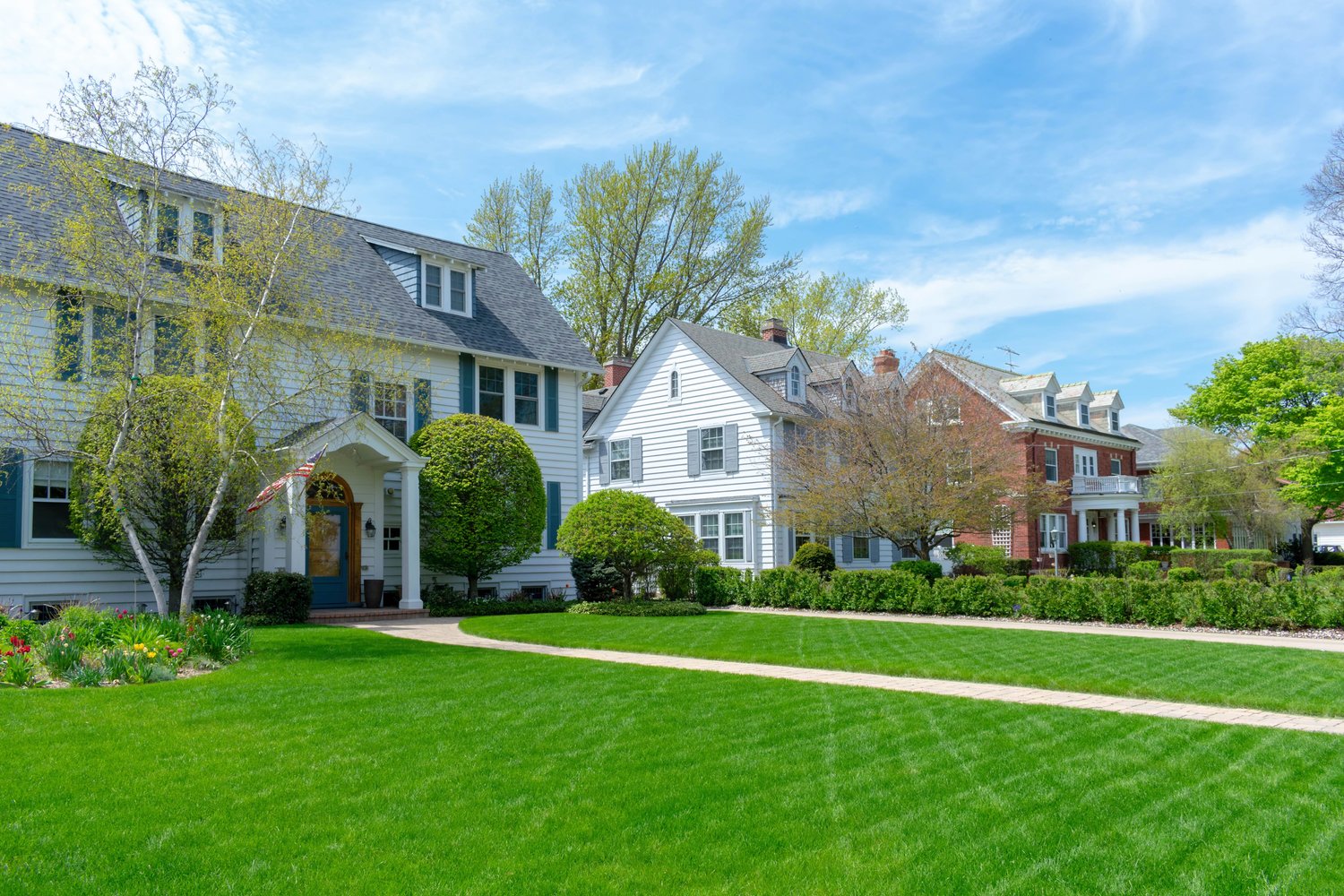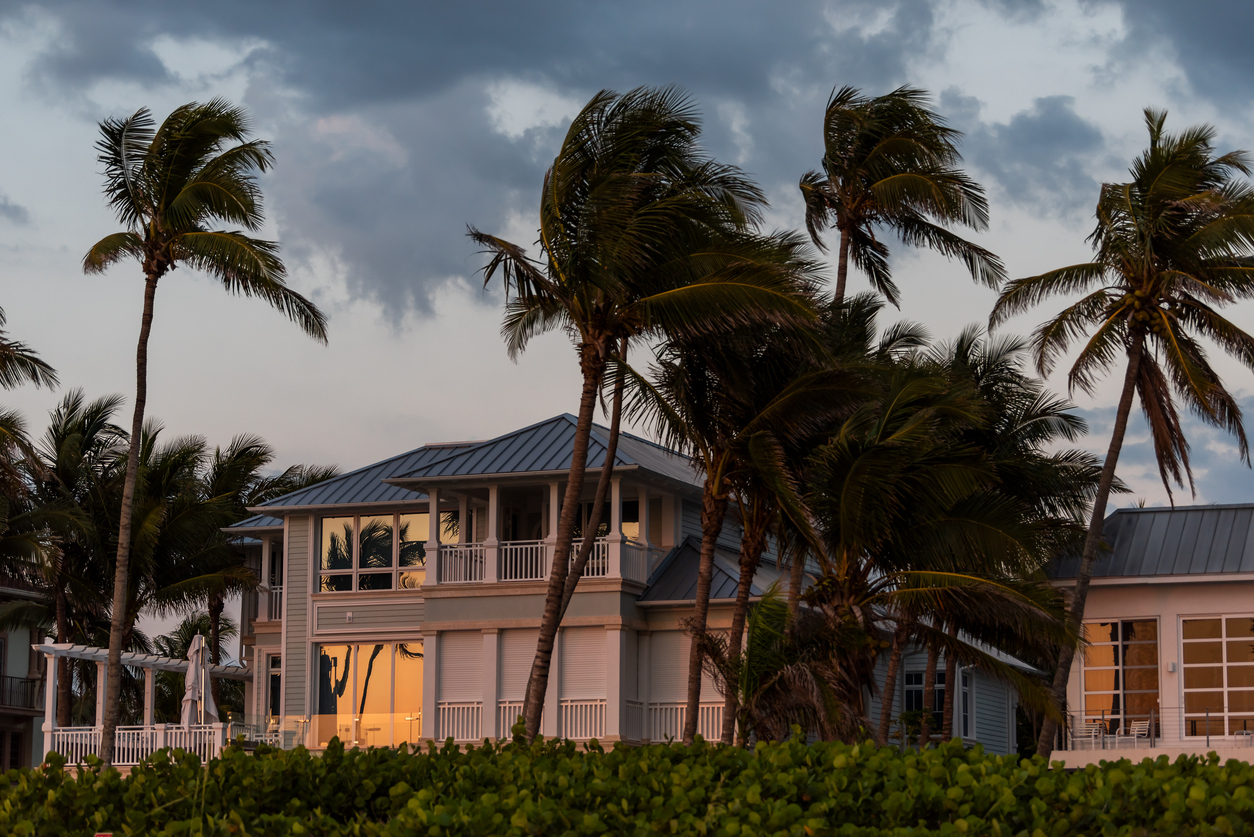If you live in a region with long summers or year-round humidity, your flooring needs to do more than look good—it needs to withstand moisture, heat, and temperature fluctuations without warping or deteriorating. Choosing the best flooring for humidity can make your home more comfortable, easier to maintain, and more resilient through the seasons. In this guide, we’ll break down the top summer home flooring options and explore durable materials that stand up to the toughest environments.
Why Climate Matters in Flooring Choices
Hot and humid climates pose specific challenges to flooring materials. Moisture in the air can cause expansion, warping, or mold growth—especially in porous or poorly sealed materials. Choosing moisture-resistant, temperature-stable flooring helps prevent damage and ensures your floors stay beautiful and functional for years. It’s also a key part of seasonal planning when building or remodeling your home.
Porcelain Tile: A Durable Classic
Porcelain tile is one of the most reliable and popular flooring options for humid environments. It’s dense, water-resistant, and available in a wide range of colors and styles. It stays cool underfoot—perfect for hot weather—and won’t warp or absorb moisture over time. With proper grout and sealing, it can be used in bathrooms, kitchens, or even patios for a cohesive indoor-outdoor look.
Luxury Vinyl Plank (LVP): Resilient and Stylish
If you want the look of hardwood without the worry, luxury vinyl plank is a smart choice. LVP is designed to be water-resistant or fully waterproof depending on the product, and it won’t swell or buckle in humid conditions. It’s softer underfoot than tile and available in styles that mimic wood, stone, or ceramic—making it one of the most versatile and low-maintenance summer home flooring options.
Natural Stone: Elegant and Climate-Proof
Materials like slate, travertine, or marble are not only elegant—they’re also excellent performers in humid climates. Stone naturally resists moisture, and its weight and density make it highly durable. While some types may require sealing to prevent staining, they offer a long-lasting solution that can elevate your home’s design while standing up to tropical conditions.
Concrete Floors for Modern Durability
Concrete isn’t just for garages anymore. Polished or stained concrete is becoming increasingly popular in modern homes thanks to its sleek appearance and durability. It resists moisture, requires minimal maintenance, and stays cool even in high heat. You can add area rugs for comfort or radiant heating if needed in cooler seasons.
Engineered Wood: A More Stable Alternative
Traditional hardwood can warp in humid climates, but engineered wood offers a more stable solution. Its layered construction resists expansion and contraction, making it suitable for homes that experience humidity swings. Look for moisture-resistant finishes and proper installation to ensure long-term performance, especially in coastal or southern regions.
Bamboo Flooring: Eco-Friendly and Moisture-Resistant
Strand-woven bamboo is a sustainable, harder-than-hardwood option that performs well in humid conditions. It’s naturally more resistant to moisture than traditional hardwood and comes in a range of finishes and tones. Be sure to select a high-quality, properly sealed bamboo product for the best results in hot and humid homes.
What to Avoid in Humid Climates
Carpet can trap moisture and quickly become a breeding ground for mold or mildew in damp environments. Traditional hardwood, unless carefully maintained and sealed, is also prone to swelling or gapping. Laminate flooring can be risky as well, since moisture can seep between seams and cause lifting. If you love these styles, consider climate-adapted alternatives like LVP or engineered wood.
Maintenance Tips for Long-Lasting Performance
Even the best flooring for humidity needs occasional care. Use dehumidifiers in enclosed areas, especially during the summer. Clean up spills quickly, and use rugs or mats near entrances to reduce tracked-in moisture. Regularly check for signs of warping or gaps to catch small issues before they become larger problems.
When to Hire a Flooring Expert
If you’re not sure which material suits your space—or if you’re remodeling in an older home—it’s smart to hire a pro from AskHomey. A flooring expert can assess your climate, subfloor, and lifestyle needs to recommend the most durable flooring options for your home. Professional installation also ensures proper sealing and long-term performance in high-moisture environments.
For more flooring advice and seasonal design inspiration, follow AskHomey on Instagram and Facebook. We’re here to help you build a home that feels good year-round—rain or shine.



